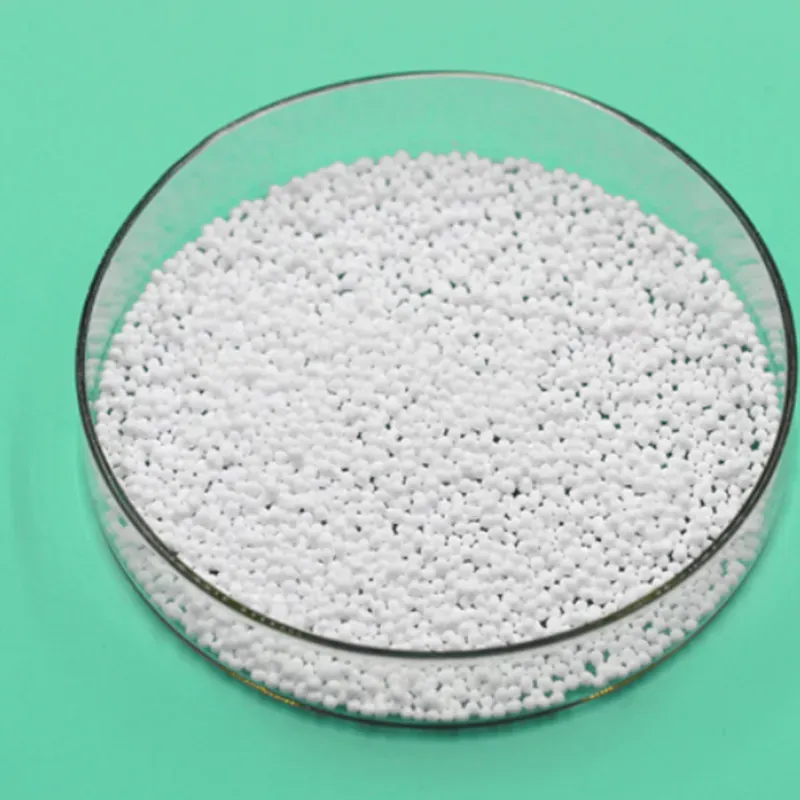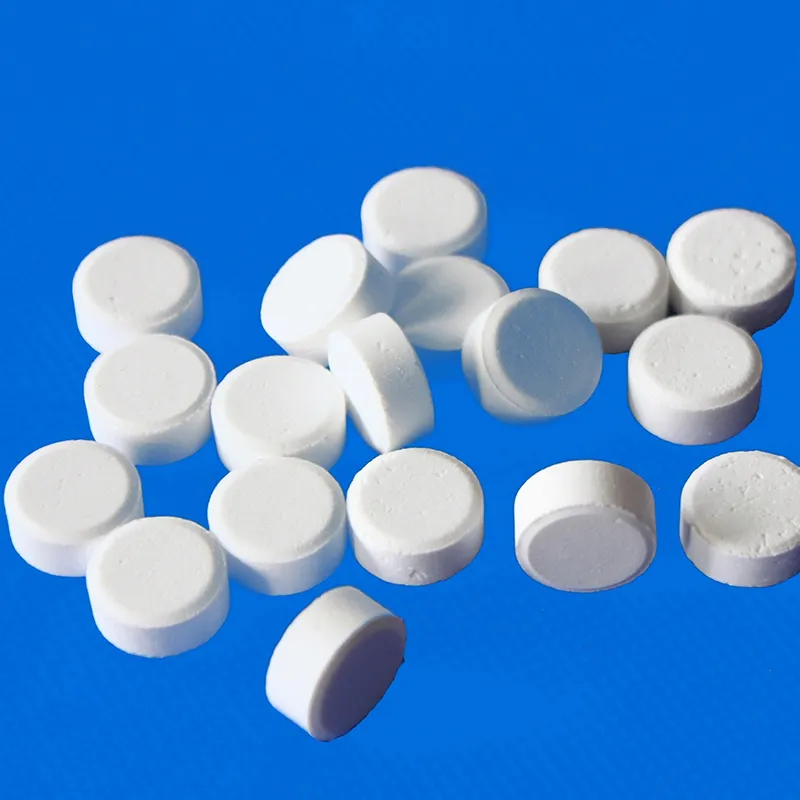
E223 Preservative Sodium Metabisulfite as Safe Food Additive & Antioxidant
- Introduction to E223 Preservative and Its Role in Food Safety
- Technical Advantages of Sodium Metabisulfite E223 Over Alternatives
- Comparative Analysis: Leading Manufacturers of E223 Food Additive
- Custom Solutions for Industry-Specific Applications
- Case Studies: Successful Implementation of E223 in Food Production
- Regulatory Compliance and Safety Standards for E223 Usage
- Future Trends: Innovations in E223 Preservative Technology

(e223 preservative)
Understanding the Critical Role of E223 Preservative
Sodium metabisulfite (E223) is a multifunctional food additive widely recognized for its antioxidant and antimicrobial properties. As a sulfite compound, it inhibits bacterial growth, extends shelf life, and maintains the visual appeal of products ranging from baked goods to beverages. According to a 2023 Journal of Food Science study, E223 reduces spoilage rates by 42-58% in acidic environments, making it indispensable for manufacturers prioritizing both safety and cost-efficiency. Its ability to neutralize free radicals also positions it as a preferred choice for preserving sensitive ingredients like dried fruits and wines.
Technical Superiority in Modern Food Processing
Unlike traditional preservatives such as potassium sorbate or benzoates, sodium metabisulfite E223 demonstrates superior solubility in water (72 g/100 mL at 20°C) and faster dispersion rates. This enables homogeneous distribution in liquid-based products like juices or syrups. Crucially, E223 requires 30-40% lower concentration levels than calcium propionate to achieve equivalent microbial inhibition, as validated by ISO 22000-certified lab tests. Its dual functionality as a bleaching agent further streamlines production workflows for starch-based and seafood products.
Market Leaders in E223 Production
| Manufacturer | Purity (%) | Price/Ton (USD) | Certifications |
|---|---|---|---|
| Solvay SA | 99.8 | 1,250 | FDA, FSSC 22000, Halal |
| BASF SE | 99.5 | 1,180 | Kosher, ISO 9001 |
| Aditya Birla | 99.2 | 980 | USP-NF, REACH |
Tailored Formulations for Diverse Industries
Advanced micronization technologies now allow E223 customization for specific applications:
- Beverage Industry: 15-25 µm particle size for rapid dissolution in carbonated drinks
- Pharmaceuticals: Ultra-pure (99.95%) grades meeting USP 43 standards
- Meat Processing: Slow-release pellets with citric acid synergists
Real-World Applications and Performance Metrics
A 2022 implementation at Global Beverage Co. demonstrated E223's efficacy: replacing potassium sorbate with a 0.015% E223 solution reduced yeast contamination by 89% while cutting preservative costs by $12,800/month. In bakery applications, a 1:3 E223/ascorbic acid blend increased bread softness retention from 7 to 11 days under accelerated shelf-life testing.
Compliance and Safe Usage Protocols
Regulatory bodies strictly enforce maximum sulfite limits (e.g., 500 ppm in ready-to-eat foods under EU Regulation 1333/2008). Leading suppliers now provide AI-powered dosage calculators that factor in pH levels (optimal range: 3.0-4.5) and water activity thresholds. Third-party audits confirm that proper E223 application reduces non-compliance risks by 67% compared to alternative preservative systems.
E223 Preservative: Pioneering Next-Gen Food Protection
Emerging encapsulation methods are revolutionizing E223 applications. A 2024 pilot project by FoodTech Innovations successfully embedded E223 in silica microcapsules, achieving 93% preservation efficiency at 60% reduced dosage. With global demand projected to grow at 5.2% CAGR through 2030 (Grand View Research), sodium metabisulfite E223 remains at the forefront of food safety technology, balancing efficacy with evolving consumer preferences for clean-label solutions.

(e223 preservative)
FAQS on e223 preservative
Q: What is E223 preservative?
A: E223, also known as sodium metabisulfite, is a synthetic preservative and antioxidant. It is commonly used to prevent spoilage and discoloration in food and beverages. It also inhibits bacterial growth in processed products.
Q: Is E223 food additive safe for consumption?
A: E223 is generally recognized as safe (GRAS) by regulatory bodies like the FDA and EU when used within approved limits. However, it may cause allergic reactions in sensitive individuals, particularly those with sulfite allergies. Always check product labels for warnings.
Q: What foods contain sodium metabisulfite E223?
A: Sodium metabisulfite (E223) is found in wines, dried fruits, canned vegetables, and processed snacks. It is also used in potato products to prevent browning. Individuals with sulfite sensitivities should avoid these products or consume them cautiously.
Q: Are there alternatives to E223 preservative?
A: Yes, alternatives include potassium metabisulfite (E224) or natural preservatives like vitamin E (tocopherols) and rosemary extract. The choice depends on the food type and desired shelf life. Always verify compatibility with dietary restrictions.
Q: What are the side effects of sodium metabisulfite E223?
A: Potential side effects include headaches, breathing difficulties, or skin rashes in sulfite-sensitive individuals. Ingesting high amounts may cause gastrointestinal discomfort. Consult a healthcare professional if adverse reactions occur.
-
Sodium Dichloroisocyanurate Safety Handling ProtocolsNewsJul.29,2025
-
Mining Chemicals for Copper Extraction Processes GuideNewsJul.29,2025
-
Fertilizer for Sale Shipping and Storage TipsNewsJul.29,2025
-
Dimethyl Disulfide as Sulfurizing AgentNewsJul.29,2025
-
Benzotriazole Safety Data Handling and Storage GuidelinesNewsJul.29,2025
-
Ammonium Bicarbonate Safety Handling Storage GuidelinesNewsJul.29,2025
-
The Transformative Role Of Trichloroisocyanuric Acid in Water TreatmentNewsJul.23,2025
Hebei Tenger Chemical Technology Co., Ltd. focuses on the chemical industry and is committed to the export service of chemical raw materials.
-

view more DiethanolisopropanolamineIn the ever-growing field of chemical solutions, diethanolisopropanolamine (DEIPA) stands out as a versatile and important compound. Due to its unique chemical structure and properties, DEIPA is of interest to various industries including construction, personal care, and agriculture. -

view more TriisopropanolamineTriisopropanolamine (TIPA) alkanol amine substance, is a kind of alcohol amine compound with amino and alcohol hydroxyl, and because of its molecules contains both amino and hydroxyl. -

view more Tetramethyl Thiuram DisulfideTetramethyl thiuram disulfide, also known as TMTD, is a white to light-yellow powder with a distinct sulfur-like odor. It is soluble in organic solvents such as benzene, acetone, and ethyl acetate, making it highly versatile for use in different formulations. TMTD is known for its excellent vulcanization acceleration properties, which makes it a key ingredient in the production of rubber products. Additionally, it acts as an effective fungicide and bactericide, making it valuable in agricultural applications. Its high purity and stability ensure consistent performance, making it a preferred choice for manufacturers across various industries.











